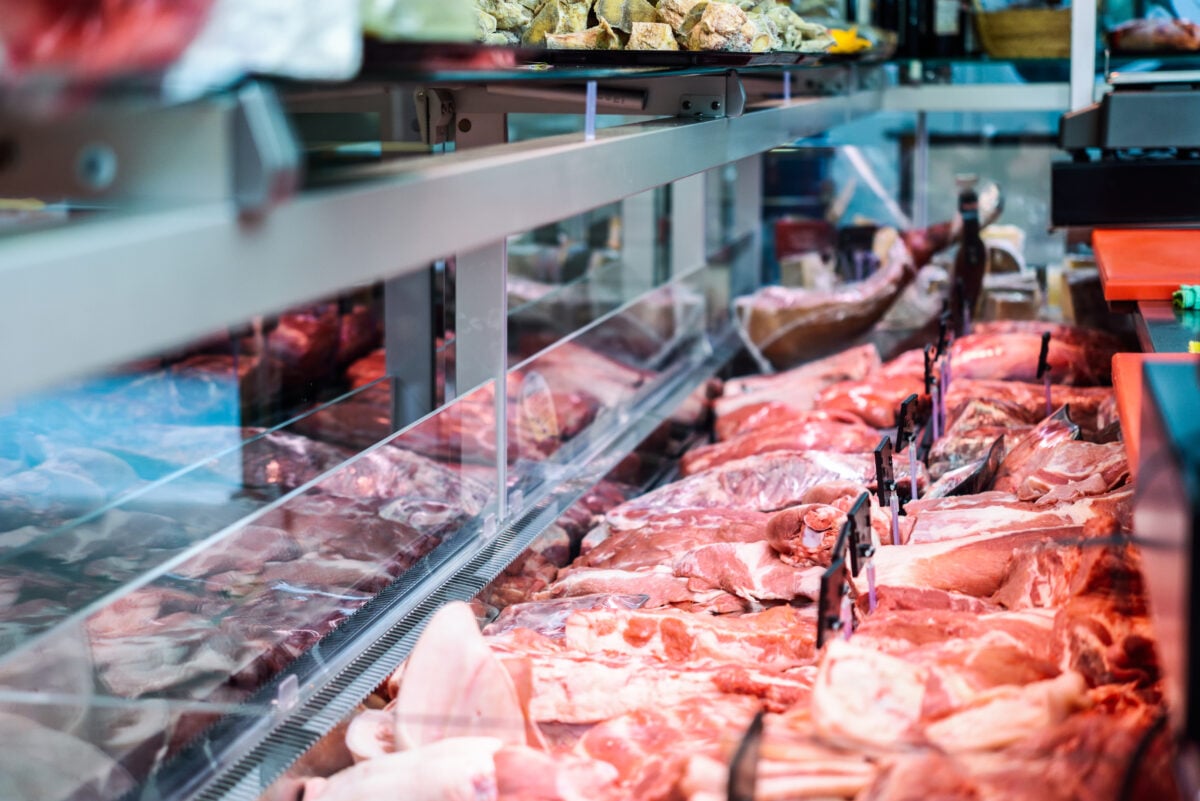A nutritionist has warned of the health impacts of meat-heavy diets after Bear Grylls claimed his had given him “the heart of a warrior.”
Read more: What Diet Does Bear Grylls Follow, And Was He Really Vegan?
Grylls said in a recent Instagram post that he went for a full coronary CT scan because his wife was worried that his diet was giving him high cholesterol and clogged arteries. His scan found “zero inflammation” and a “zero calcium score,” he wrote. Calcium in the coronary arteries indicates fatty build up which can lead to heart attack. Grylls’ doctor apparently told him he has “the heart of a warrior.”
Grylls claims that his daily diet consists of one steak, three to six eggs, Greek yogurt, and fruit, as well as a lot of “grass fed salted butter.” Having once been plant-based, Grylls now advocates a meat-heavy diet. In his recent Instagram post, he thanks proponents of the carnivore diet including Paul Saladino.
But Registered Dietian Nutritionist Stephanie McBurnett warns that red meat and butter are “poor choices for heart health given that they are high in saturated fat and cholesterol, both of which can increase risk of heart disease.”
The health impacts of meat-heavy diets
Despite what Grylls says his CT scan showed, a diet heavy in red meat has been shown to be bad for heart health.
The largest scientific review of all large-scale studies into the impact of red and processed meat on the heart found a negative association. For each additional 50 grams a day of unprocessed red meat you eat, the risk of coronary heart disease rises by nine percent.
Read more: Heme Iron From Red Meat Significantly Increases Type 2 Diabetes Risk, Study Finds

The saturated fat content of red meat is one reason, while other studies have also found that Trimethylamine N-oxide (TMAO) contributes to the increased heart disease risk. TMAO is a compound produced by gut bacteria during digestion, and is partly derived from nutrients found in red meat. It increases cholesterol deposits in the artery walls and may increase the risk of blood clotting that can cause heart attacks and strokes. In a trial in which three groups of people ate different diets, the ones eating the equivalent of a steak a day in red meat had three times more TMAO in their blood after one month than the participants who ate either white meat or plant-based protein.
“Research shows that those who adopt a low-fat, plant-based diet, exercise daily, avoid tobacco, and manage stress have the best chance of preventing and reversing heart disease,” said McBurnett.
Read more: Just Two Slices Of Ham A Day Raises Type 2 Diabetes Risk, Major Study Finds






